Western Bulk Herbs – Spearmint Leaf
Spearmint is a digestive remedy. It helps relieve gas, indigestion, and stops gastrointestinal spasms. Studies show it may help in reducing fevers and respiratory problems and chronic bronchitis. It’s known in aromatherapy as a stress reliever and mood lifter when inhaled. In India Ayurvedic herbal medicine it’s used to increase mental alertness and alleviate stress.
Latin Name:
Mentha spicata
Common Names: Spearmint, Garden Mint, Mentha Spicata, Mackerel Mint, Our Lady’s Mint, Green Mint, Spire Mint, Sage of Bethlehem, Fish Mint, Menthe de Notre Dame, Erba Santa Maria, Frauen Munze, and Lamb Mint.
Parts Used:
The leaf.
Properties:
Stimulant, carminative and antispasmodic, diuretic, febrifuge, and rubefacient.
Traditional Uses:
As a tea and added to other herbal mixtures for flavor.
Topical Uses / Applications:
Culinary Uses:
Can be added to any dish you want a hint of mint. One of the main ingredients in Mint Juleps.
Chemical Properties:
Volatile oil, menthol, menthone, d-limonene, neomenthol, tannins and very small amounts of essential oil containing about 50% carvone.
Folk Lore:
Every year there is over 3 million pounds of spearmint grown and over 13,000 sticks of chewing produced for one pound of mint. Only half of the 3 million pounds is used to flavor gum. Spearmint is added to pharmaceuticals, confections, and liqueurs.
Folk lore on spearmint is fascinating with its ritual methods. One of the oldest known herbs from the bible, spearmint was created when the goddess Persephone turned the nymph Minthe into a spearmint plant. It was used as a currency and Pliny (1 AD) had his students wrap their heads with mint braids to bring delight to the soul, improve the mind, and enhance scholarship.
It’s one of the best plants for honey and is known as the bee herb. In the Middle Ages is was used to dispel the evil eye and discourage rodent infestations when scattered about a dwelling. It was used as a cleansing tonic and a water purifier. If you mix some salt with spearmint, you can apply it to bee stings and dog bites.
Cautions:
GRAS: Generally Recognized as Safe. This herb can be safely consumed when use appropriately.
*Disclaimer: These statements have not been evaluated by the Food and Drug Administration. This product is not intended to diagnose, treat, cure or prevent any disease.
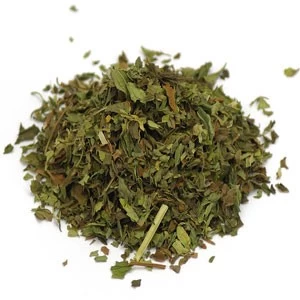
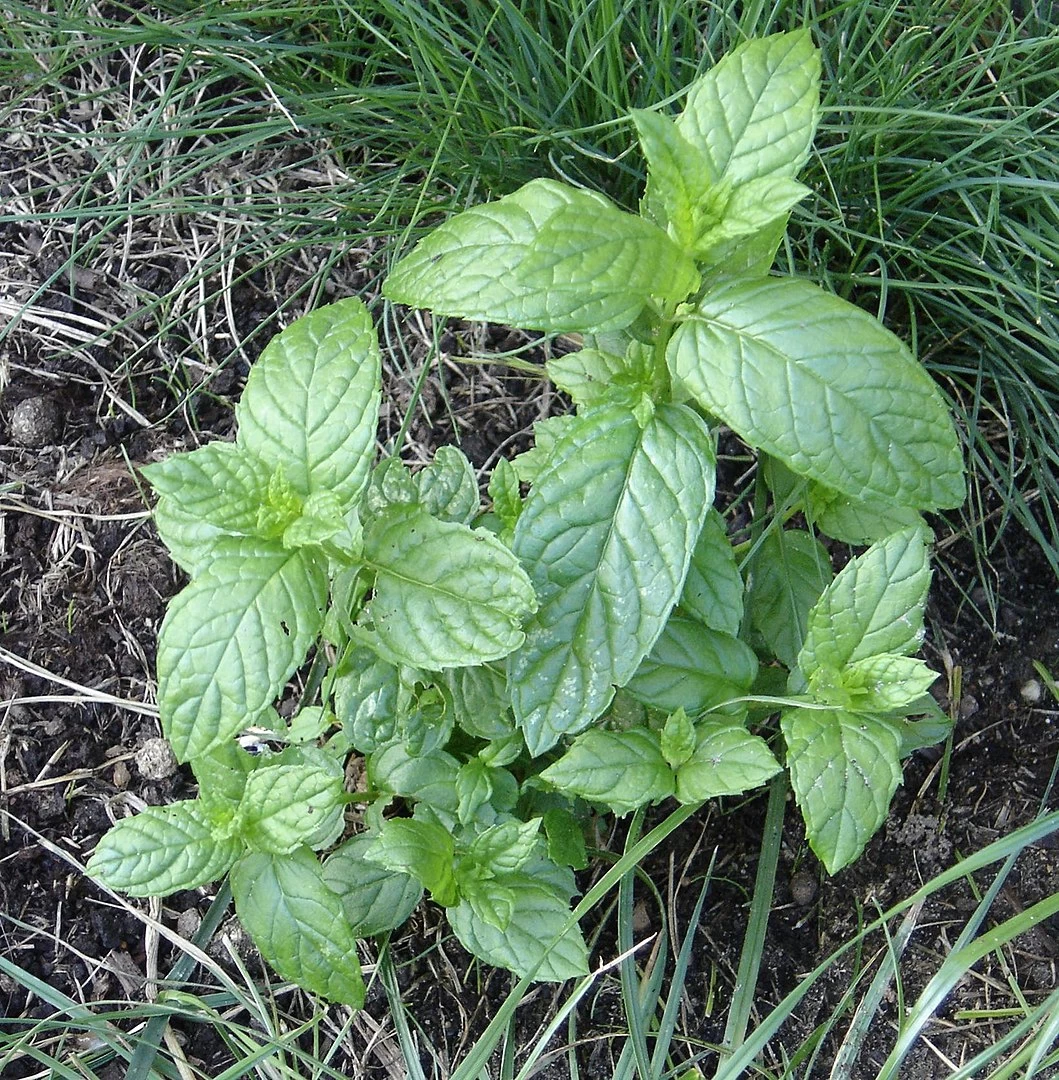
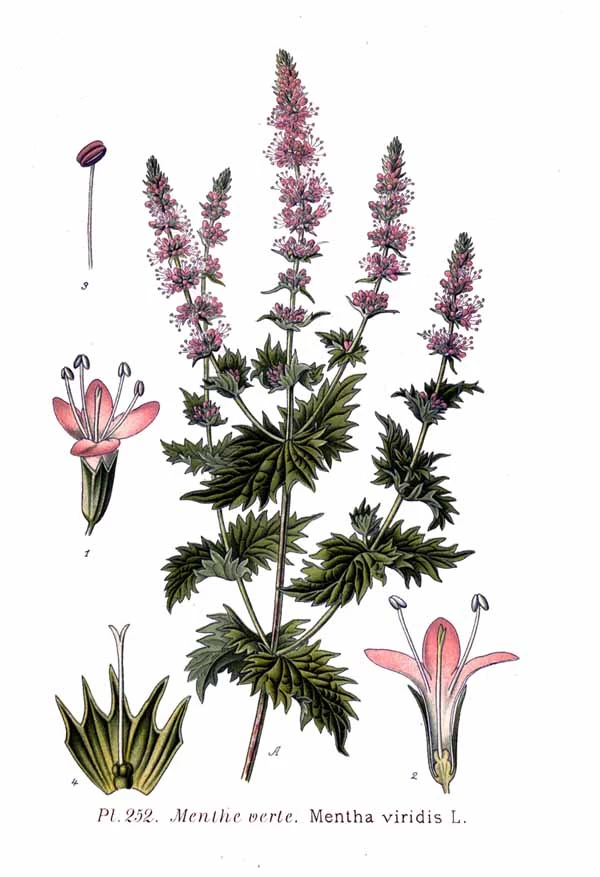
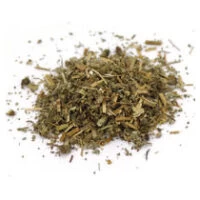
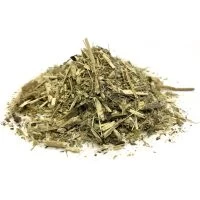
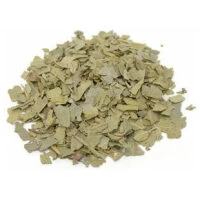
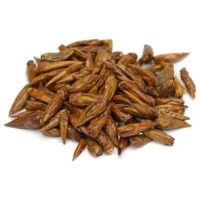
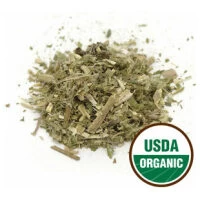
Reviews
There are no reviews yet.